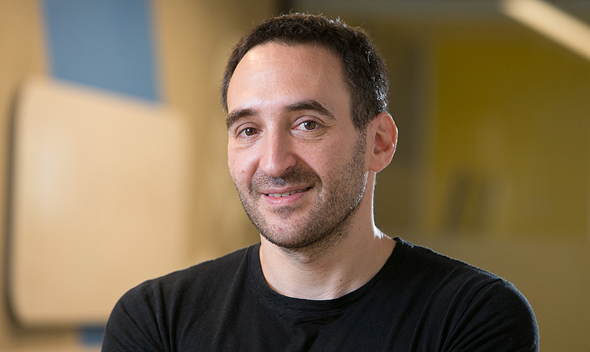
Round B
The path to true startup success means you can’t take ethical shortcuts
Shaul Olmert explains how key decisions made in a company’s earliest days largely define its core values and characteristics
Shaul Olmert | 13:14, 22.10.20
A company’s first days often determine its core characteristics: business decisions, choosing its technological architecture, selecting its leadership teams, and investors. All these are just part of the actions that significantly chart the company’s future course. At the same time, the early days also set up, not always even consciously, the equally critical organizational culture and values.
During our first week at Piggy, once the four employees we hired concluded their prior commitments and officially joined my partner Ilan and me, we began marathon, full-day discussions using a method called “Design Sprint.” It is a method that was invented by the people at Google Ventures. It is well documented and contains precise guidelines and detailed protocols. Its goal is to enable a small team to reach an important operative decision regarding product building. Our six team members all convened for a lengthy video conference and attempted to jointly reach vital decisions about our company’s product focus.
The activity was a wonderful way to begin our teamwork, get to know each other through joint discussion, confront the core issues of our vision and operative plans, and learn about the challenges and opportunities that stand before us. At the conclusion of the week, we came out with a detailed development action plan for the upcoming weeks, which also had a significant impact on our business model and marketing strategy.
During one of our discussions, we analyzed the user experience foundations of popular social media apps like Instagram and Tik Tok. Though the app we’re planning is not meant to resemble them, but since they are geared toward the same target audience of young people, it was important for us to get to know them well. In our analysis, we identified several user behavior patterns that the apps’ designers encouraged with their product decisions. Our dissection highlighted a handful of product and UX designs that helped explain those apps’ success. After identifying the logic and reasoning behind those products, we began fantasizing about implementing the same methods in our product too, so as to elicit the same emotions and motivations for users to use Piggy and make it a hit.
As a caveat, I realize that these insights won’t guarantee that we are able to make an app that is as popular, but we felt that our observations were groundbreaking and once we defined them and put them in words, they managed to produce the enthusiasm and energy that anyone who was once on the founding team of a company is familiar with. We were able, despite the social distancing rules and the computer screens that separated us, to produce a sense of electricity in the air.
However, alongside the enthusiasm, a different feeling began to gnaw on us. The thought that our ideas could make people become addicted to using our app sparked our imaginations about its potential popularity, but at the same time, the sour feeling crept in that if we will be successful, we may be wronging our users. It is not a legal question, by any means, but rather one of values - does the desire to succeed justify the means of getting there?
Related Stories
I am very happy and very proud that the team at Piggy decided to choose the first option.
Shaul Olmert is a serial entrepreneur and the co-founder and CEO of mobile app developer Piggy. He formerly founded interactive content company Playbuzz Ltd. You can find his previous columns here

